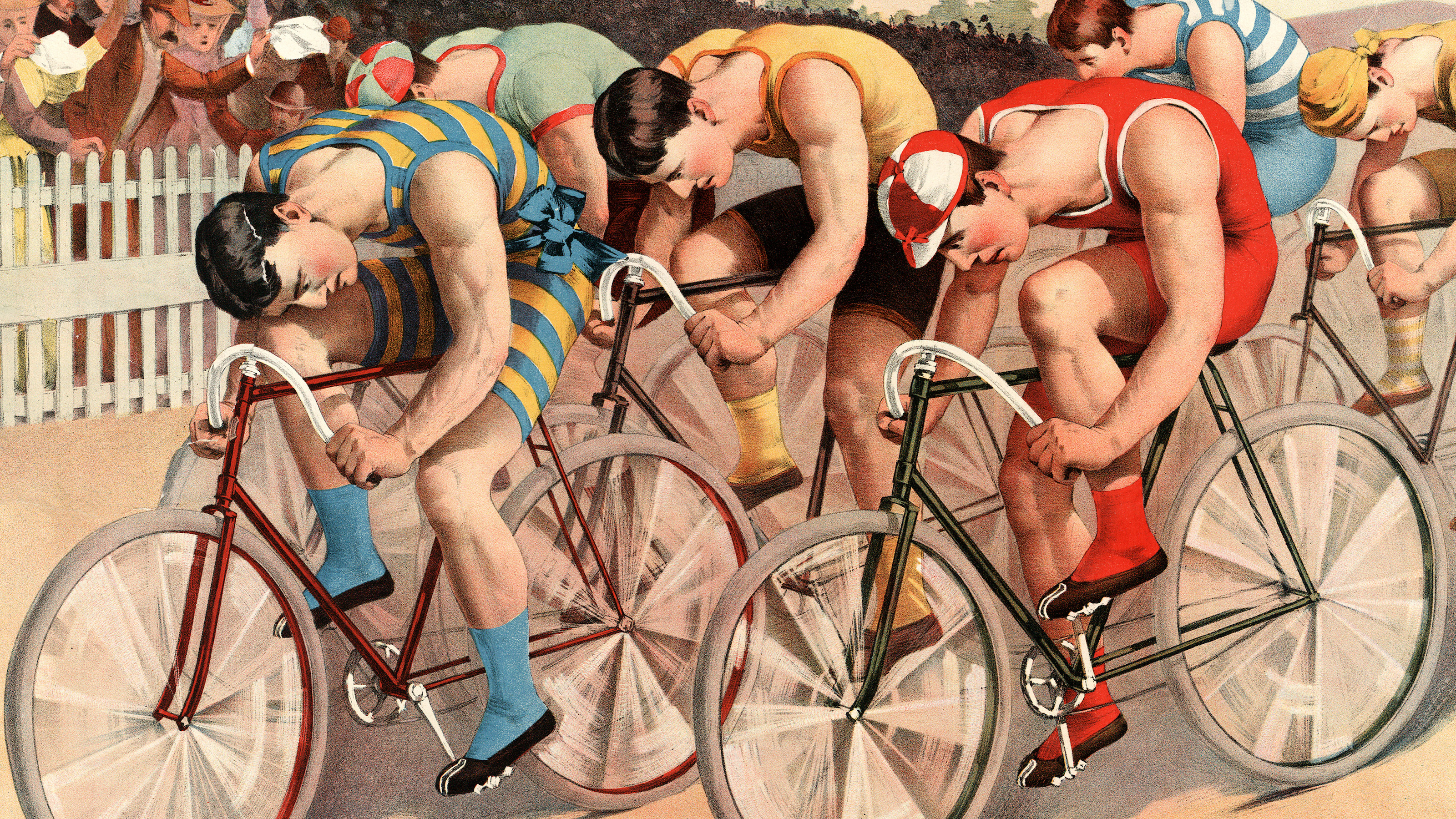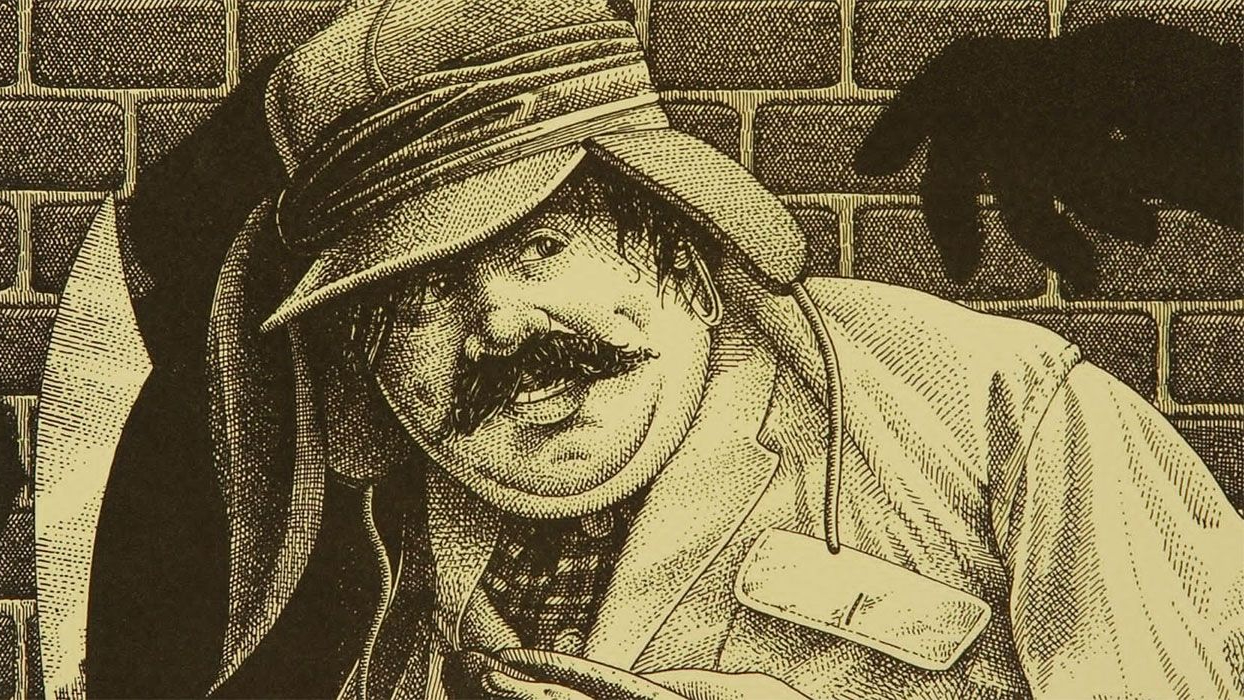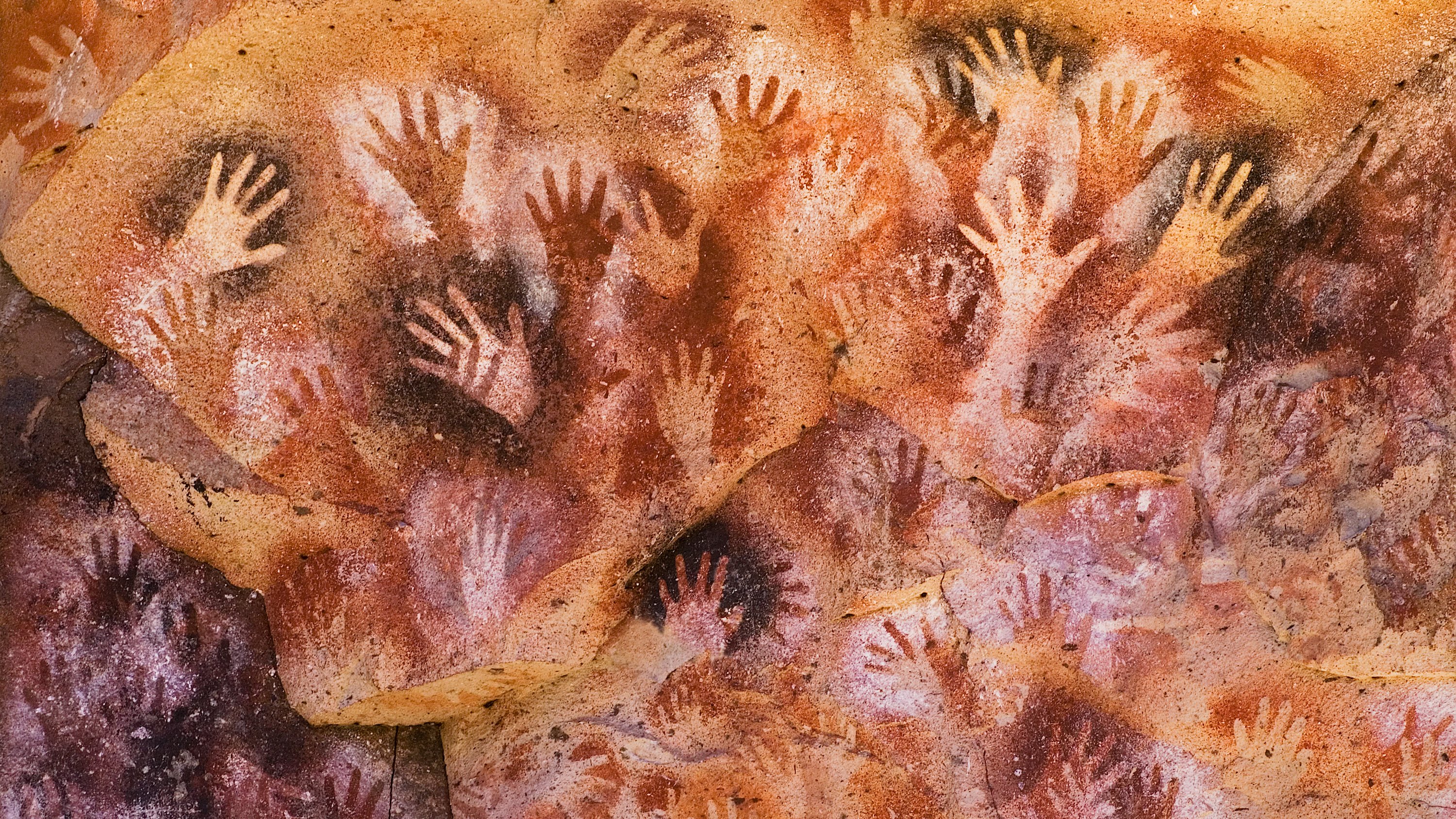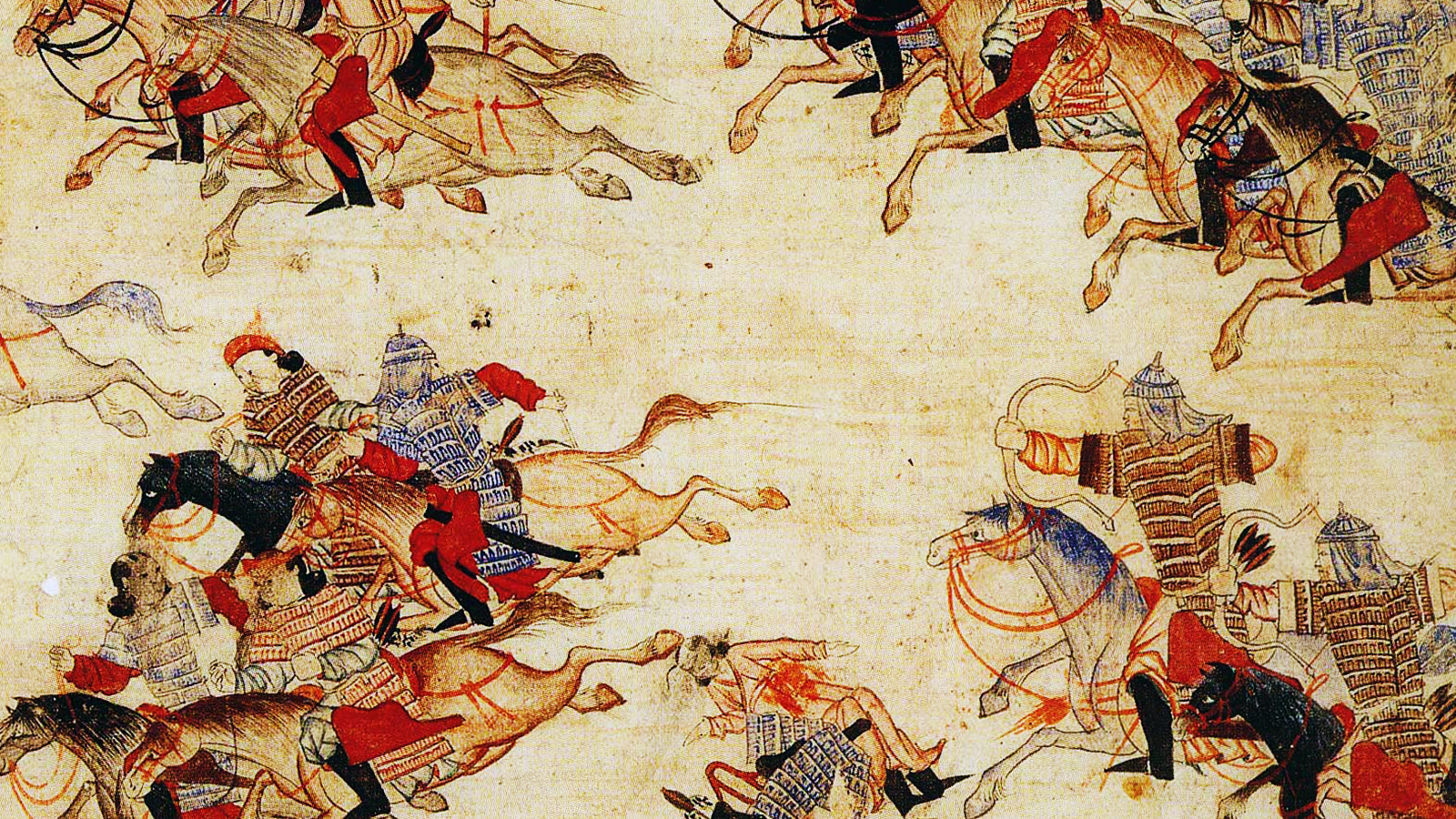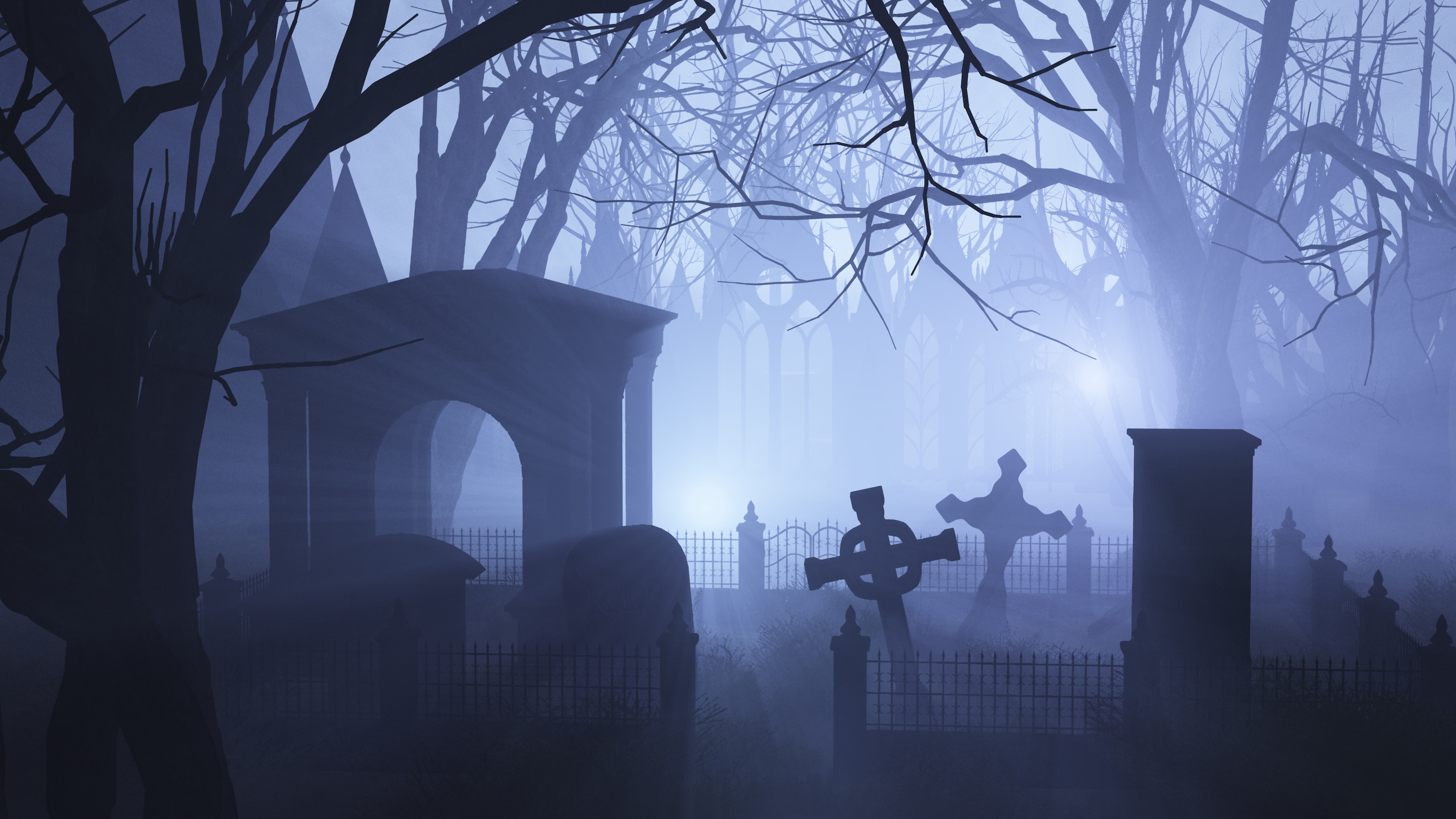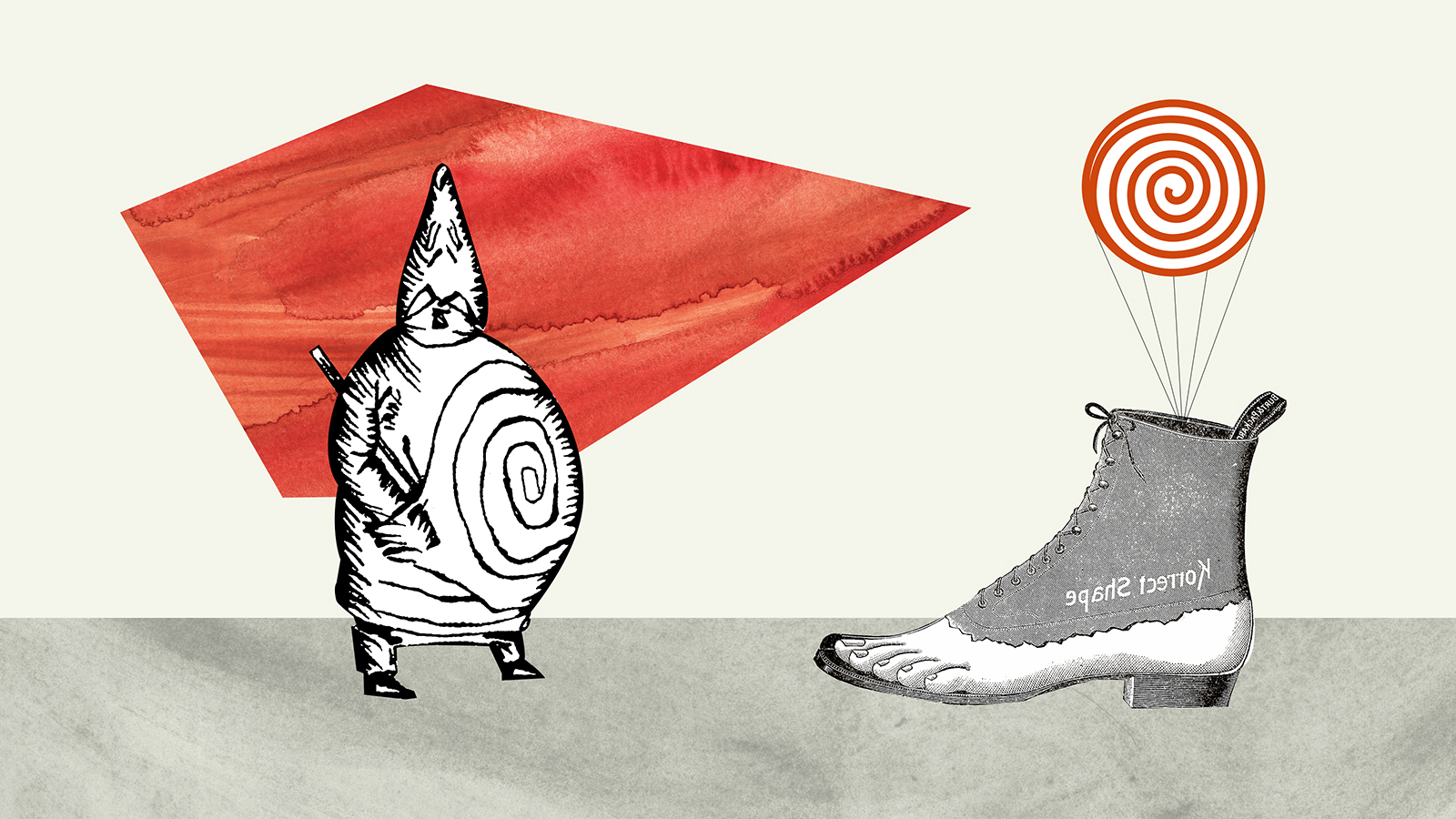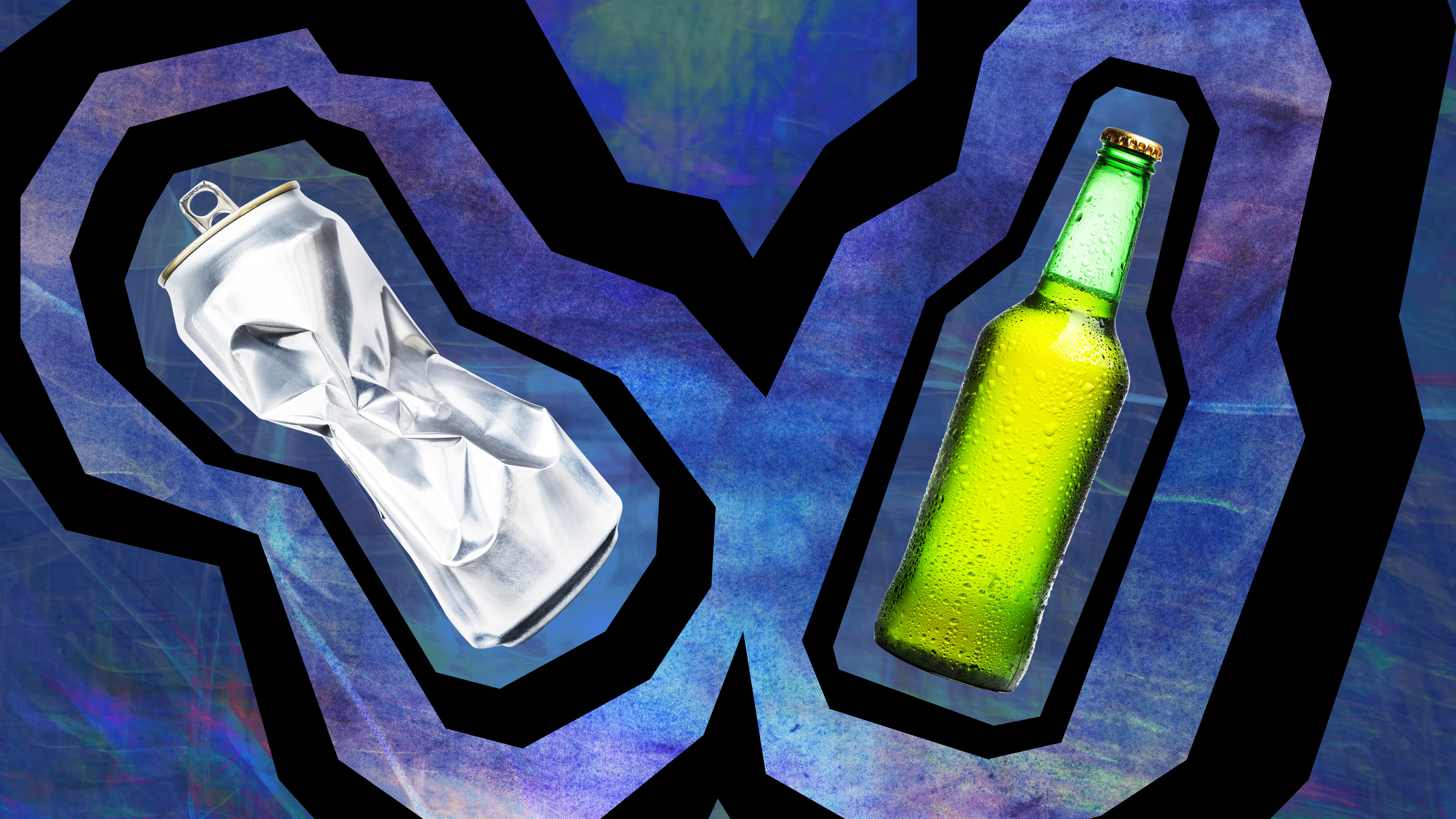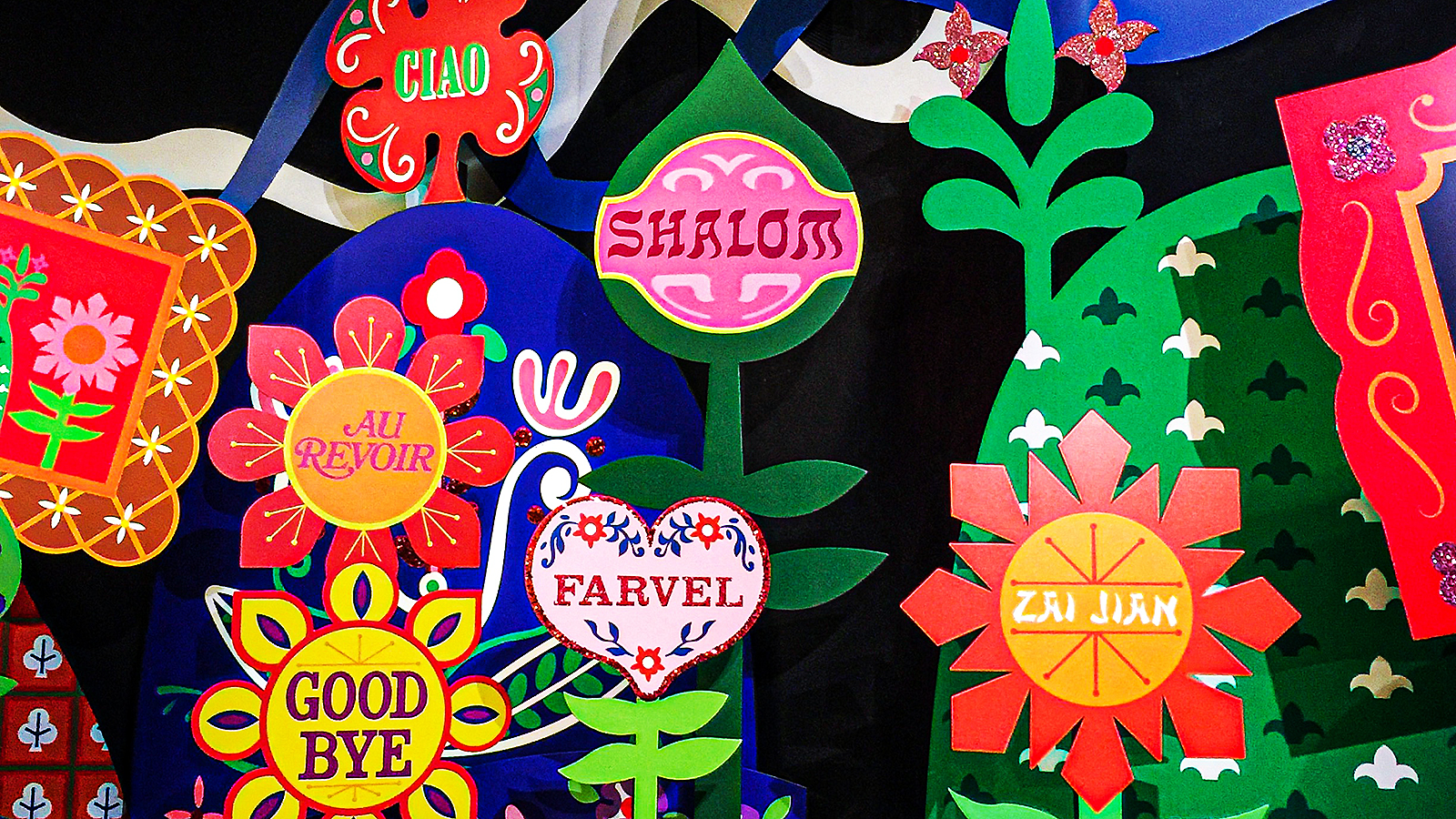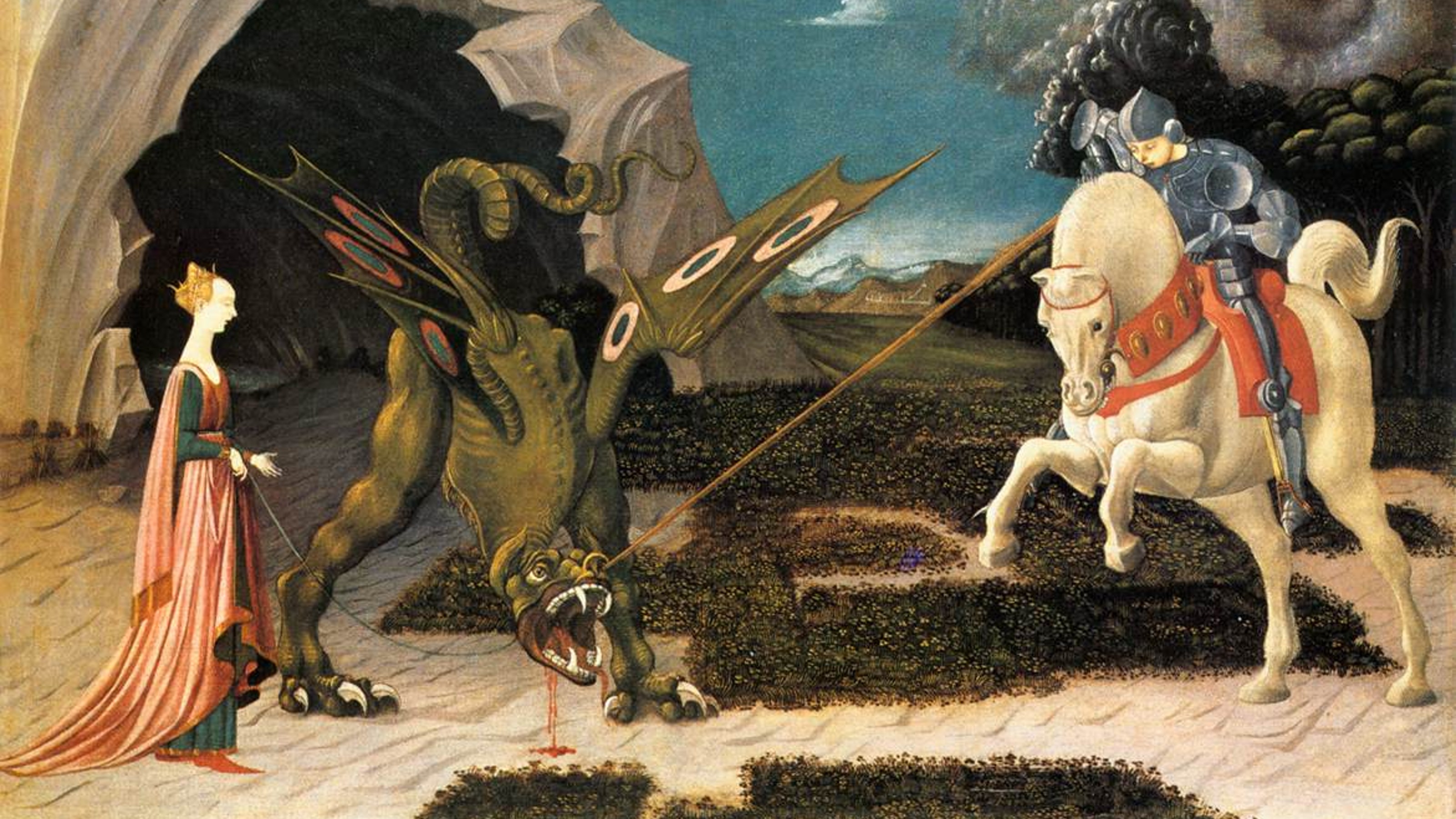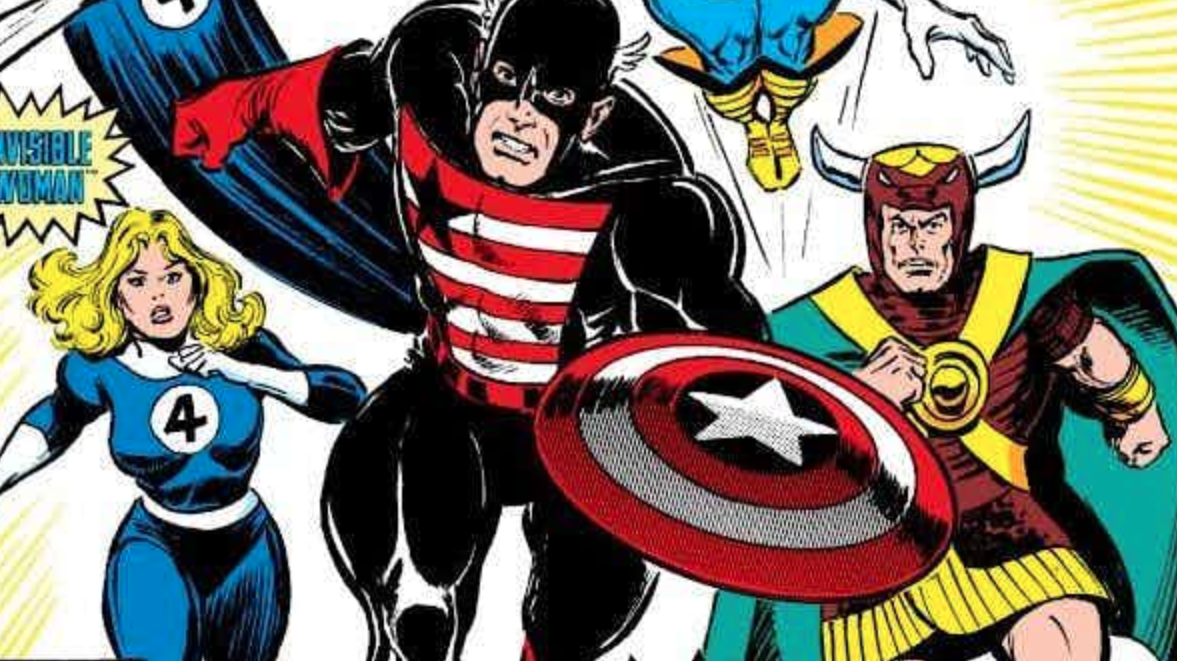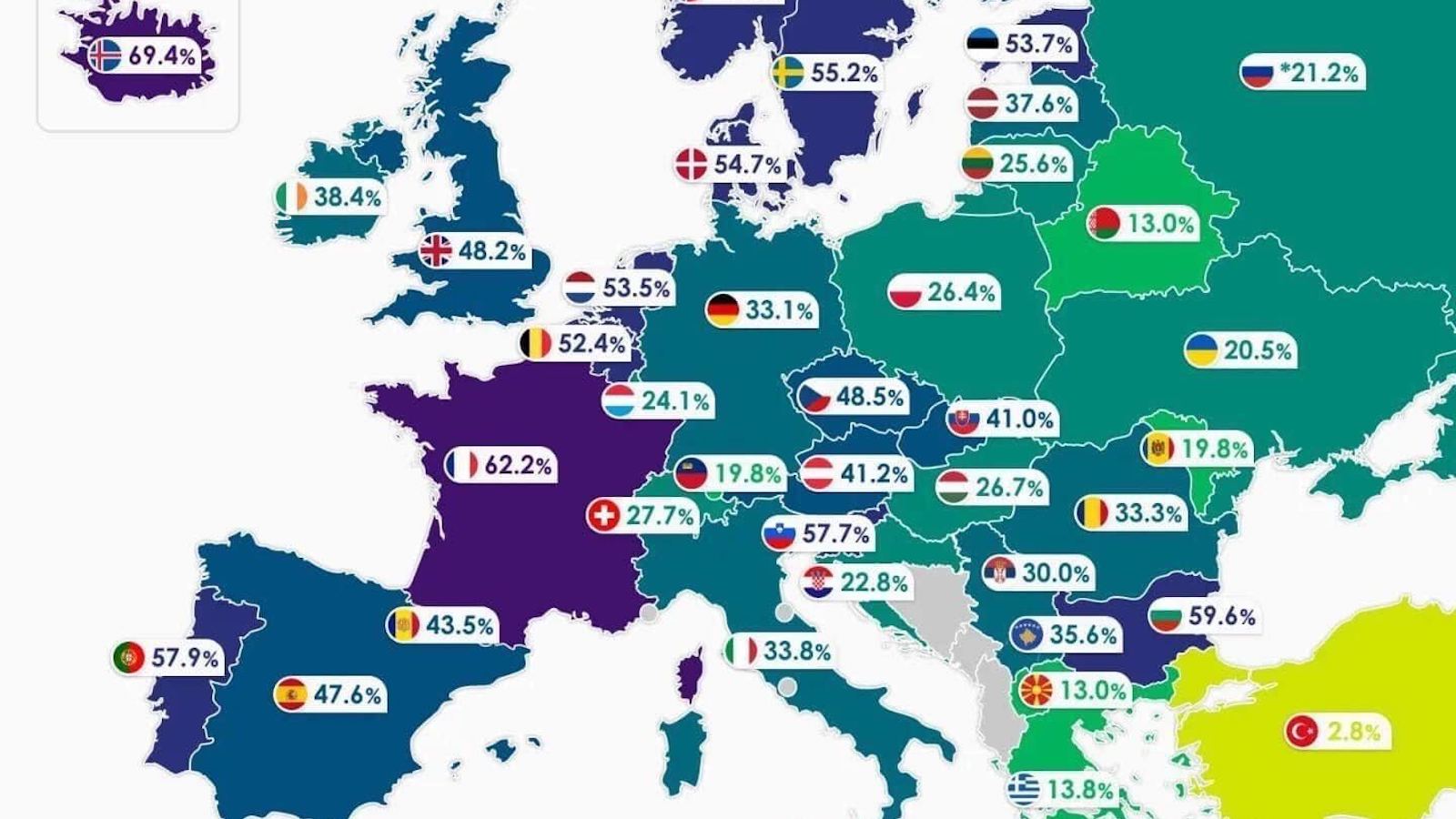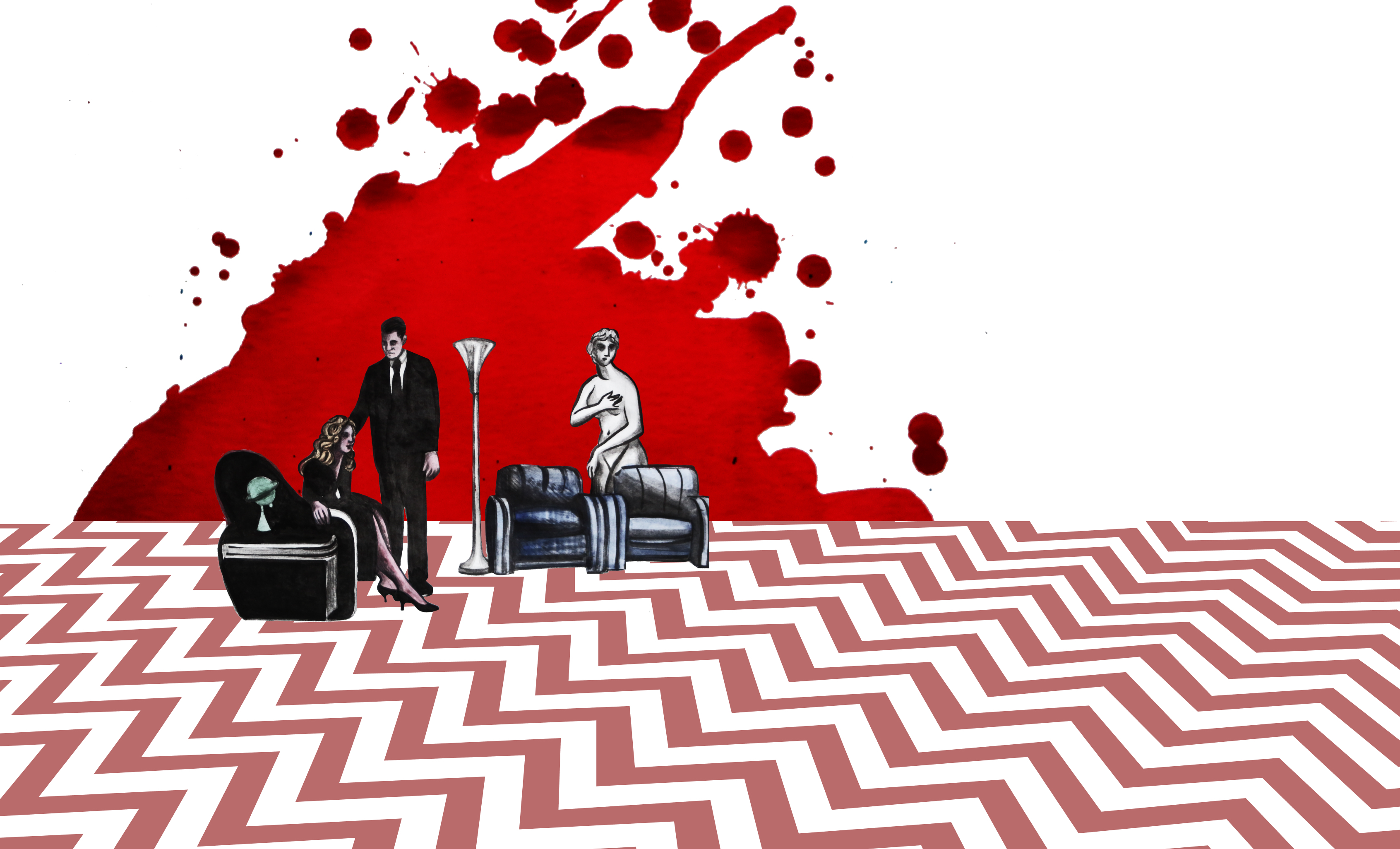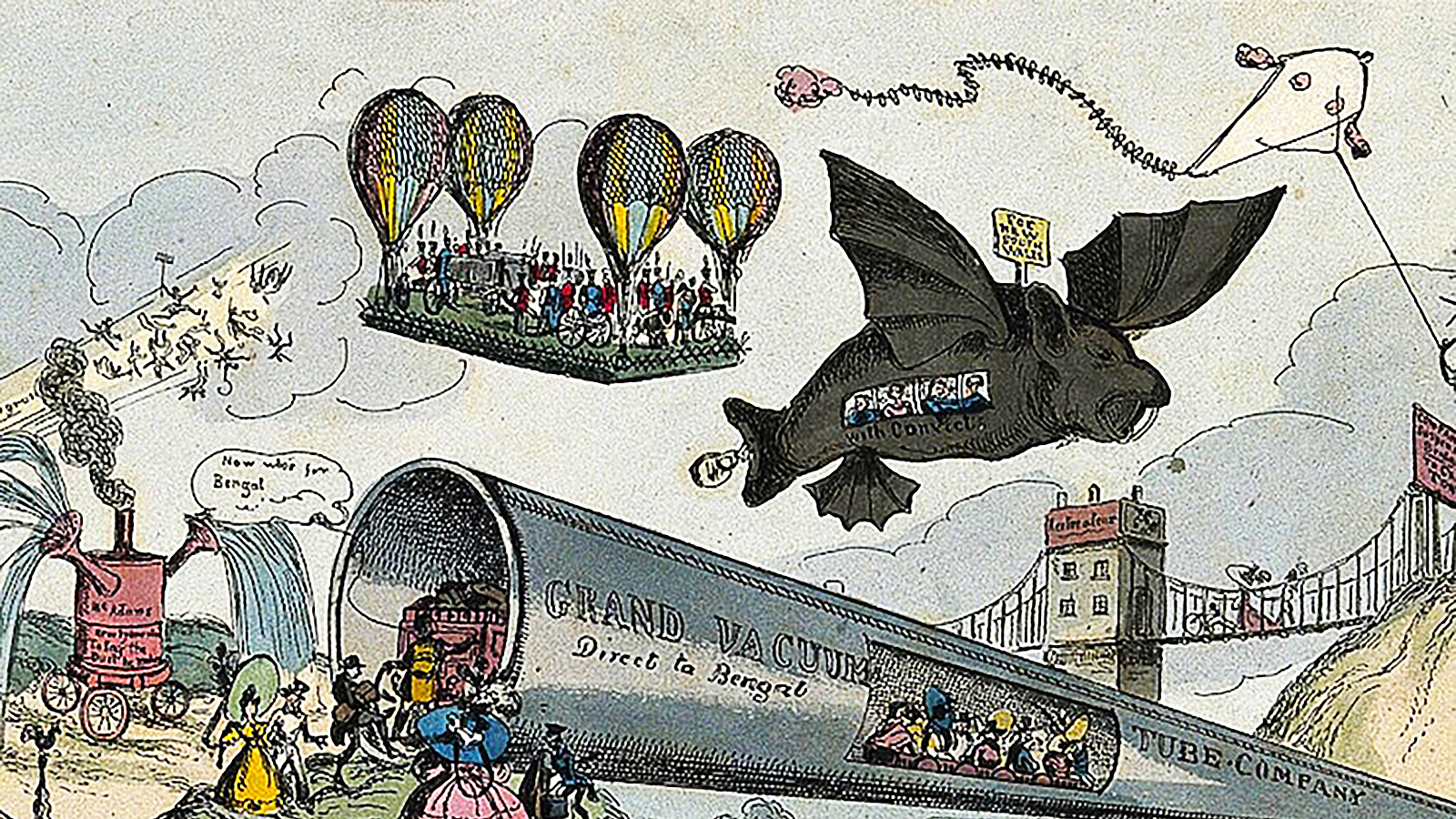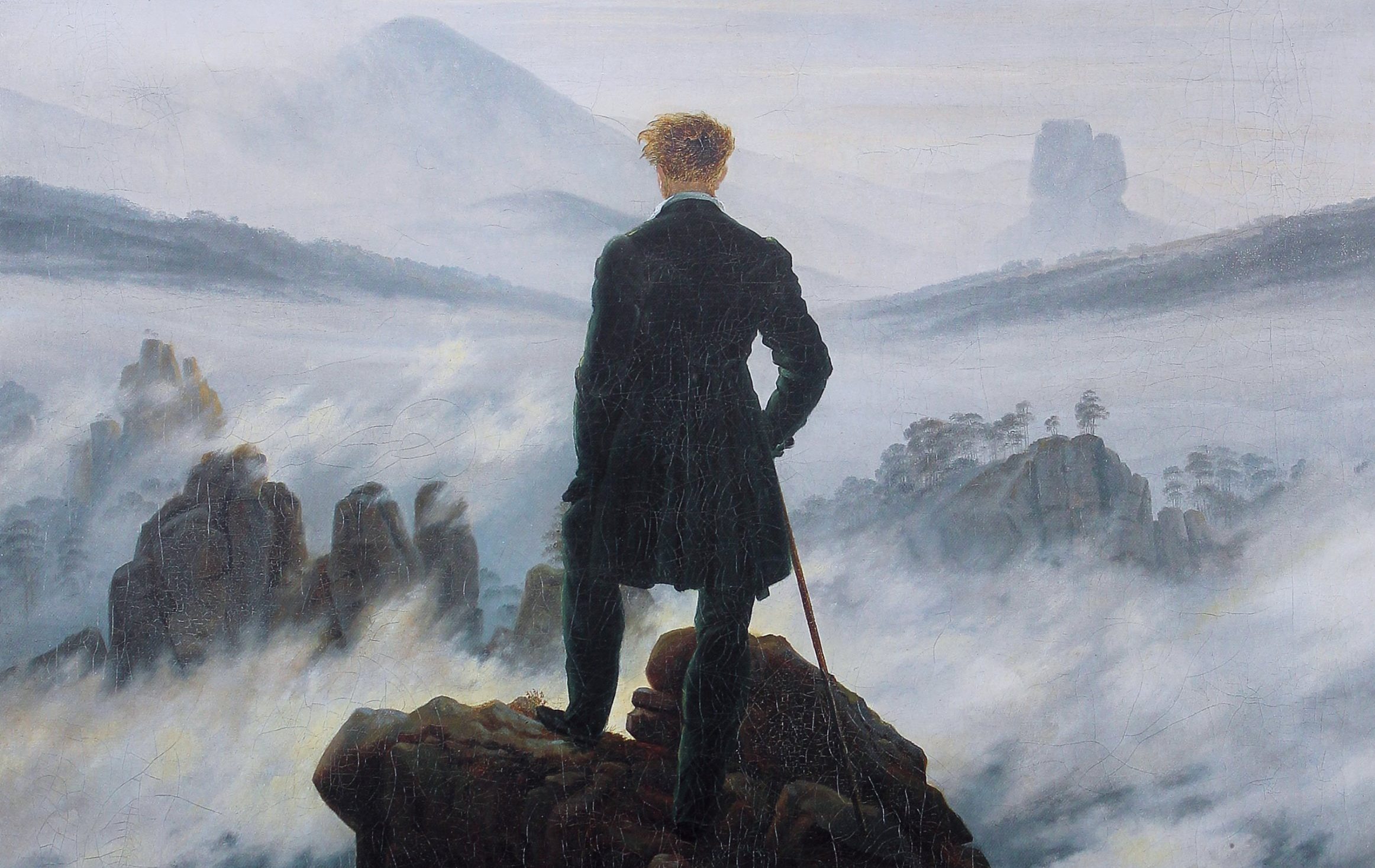culture
The deep-thinking oddballs of West Coast cycle racing valued mid-ride marijuana over sports science.
Nobody knows where the word “penguin” comes from.
How one man’s divine dream became a poultry-shaped reality.
One from New Guinea rose to the top in a recent study.
Some authors never saw their books score widespread acclaim—or even get published at all.
One hypothesis: “gossip traps.”
The curiosity of children is a national resource. Adults destroy it.
It’s a lot easier to point out things that are gezellig (adjective) than it is to define gezelligheid (noun) itself.
Chess could perhaps be the ultimate window through which we might see how our mental powers shift during our lives.
Mongol forces never fully conquered the continent, but they played a key role in its historical development.
Zombies aren’t a modern-day obsession. Throughout history, fear of the undead led to bizarre burial rituals all over the world.
Fortune cookies emerged from one of America’s darkest moments.
The multi-leveled constructions of metaphysics are the collective workings of a fantastical virtuality. Did you get that?
His plan to replace it with homegrown rice did not go well.
When Mongol traders came knocking, Sultan Muhammad II shaved off their beards. Three years later, his whole empire was annihilated.
At this event, you’ll be around to hear the eulogy.
The story of China is the story of global economics.
In order to figure out how English might evolve in the future, we have to look at how it has changed in the near and distant past.
Beer’s flavor begins to change as soon as it is packaged. Are cans or bottles better at preserving flavor?
“Not my circus, not my monkeys.”
Monsters have always represented societal fears, but narrative art also casts doubt on whether we fully understand our monsters — and their slayers.
Some classic books, like Mark Twain’s “The Adventures of Huckleberry Finn,” remain controversial to this day.
What is Captain America doing in ancient Mesopotamia?
Mass sociogenic illnesses can afflict thousands of people.
Worldwide, 15% of children are born out of wedlock, but the figure varies from less than 1% in places like China to 69% in Iceland.
Queen Calafia seems like she could have sprung from the pages of a modern fantasy novel.
“Like real dreams, it does not explain, does not complete its sequences,” film critic Roger Ebert once wrote about “Mulholland Drive.”
Jules Verne wrote about gasoline-powered vehicles, weapons of mass destruction, and global warming more than a century ago.
For Nietzsche, a great work of art can either veil the horror of reality or – better yet – help us face it.
